Sustainability, Free Full-Text
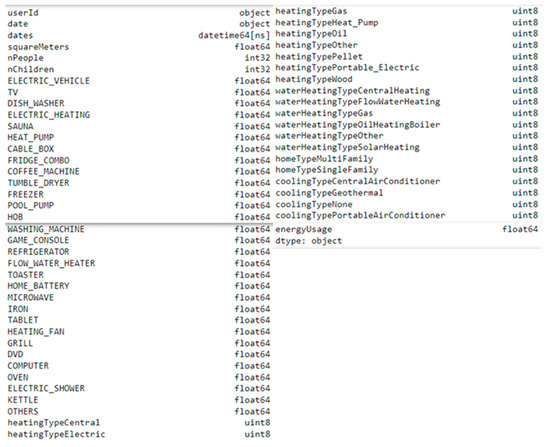
Industry 4.0 and its technologies allow advancements in communications, production and management efficiency across several segments. In smart grids, essential parts of smart cities, smart meters act as IoT devices that can gather data and help the management of the sustainable energy matrix, a challenge that is faced worldwide. This work aims to use smart meter data and household features data to seek the most appropriate methods of energy consumption prediction. Using the Cross-Industry Standard Process for Data Mining (CRISP-DM) method, Python Platform, and several prediction methods, prediction experiments were performed with household feature data and past consumption data of over 470 smart meters that gathered data for three years. Support vector machines, random forest regression, and neural networks were the best prediction methods among the ones tested in the sample. The results help utilities (companies that maintain the infrastructure for public services) to offer better contracts to new households and to manage their smart grid infrastructure based on the forecasted demand.
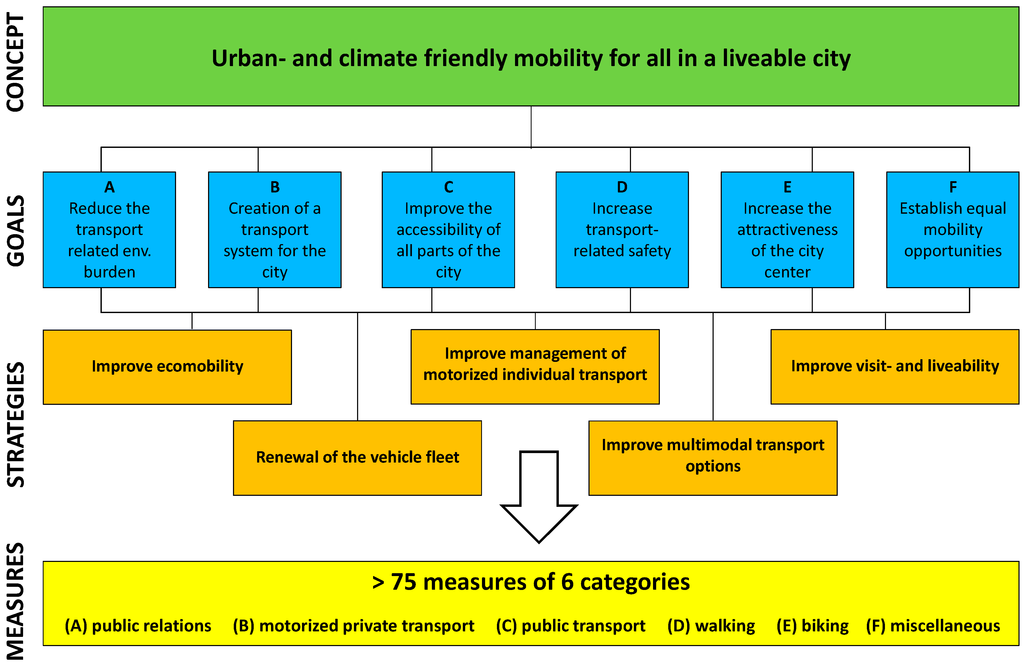
Sustainability, Free Full-Text, aware tradução
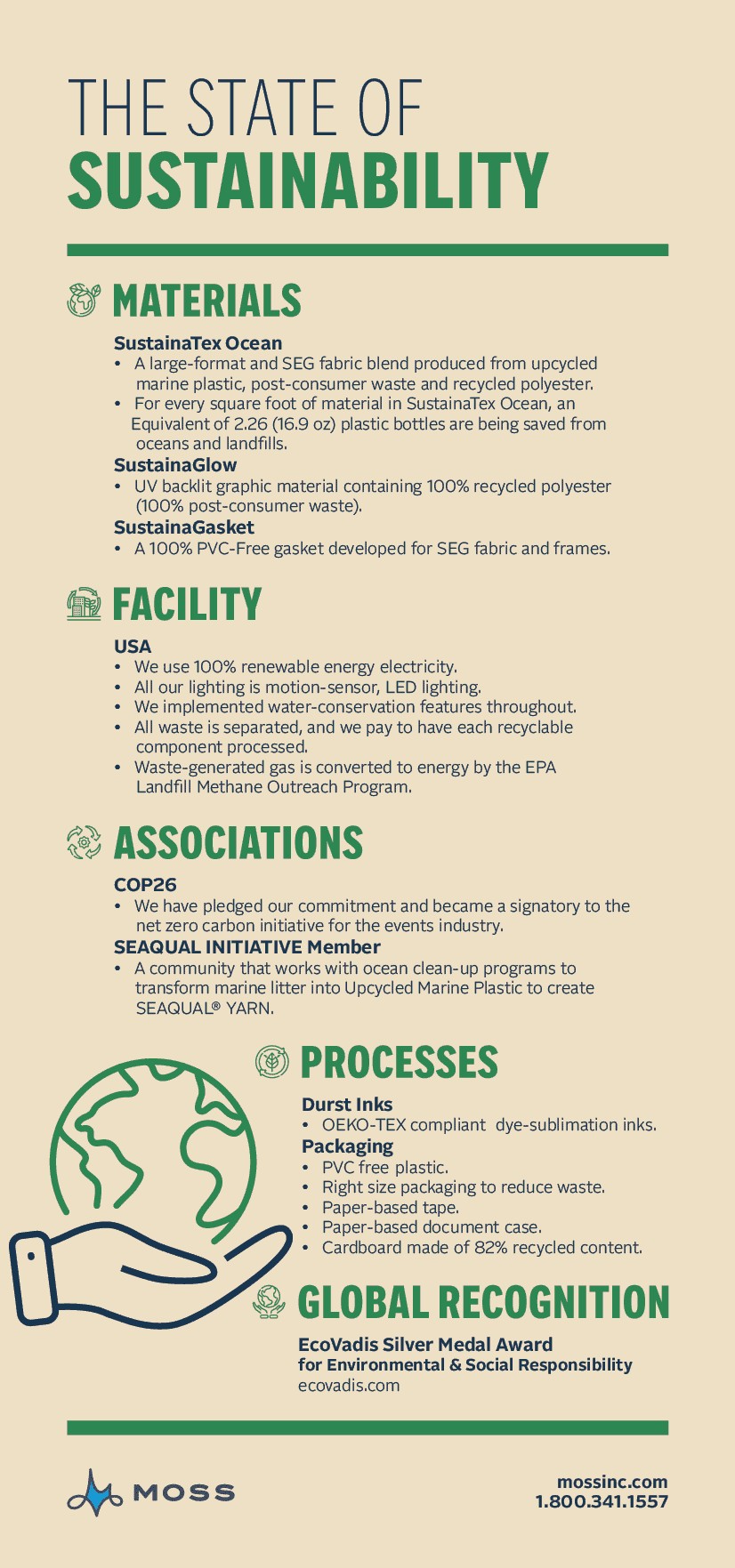
www.mossinc.com/wp-content/uploads/2022/02/MossMar
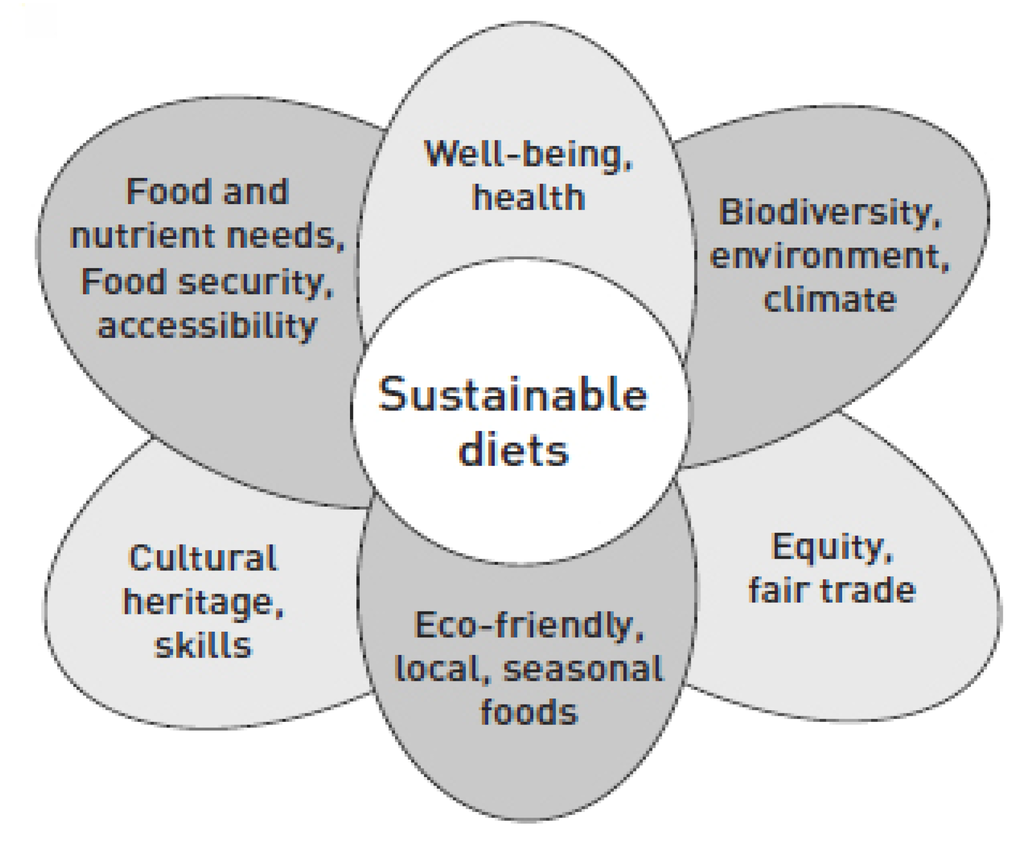
Sustainability, Free Full-Text
Sustainability, Free Full-Text, press f to pay respects tradução

Sustainability, Free Full-Text, play games grao para

Aere London Stakeholders Involved In Dmo Decisions
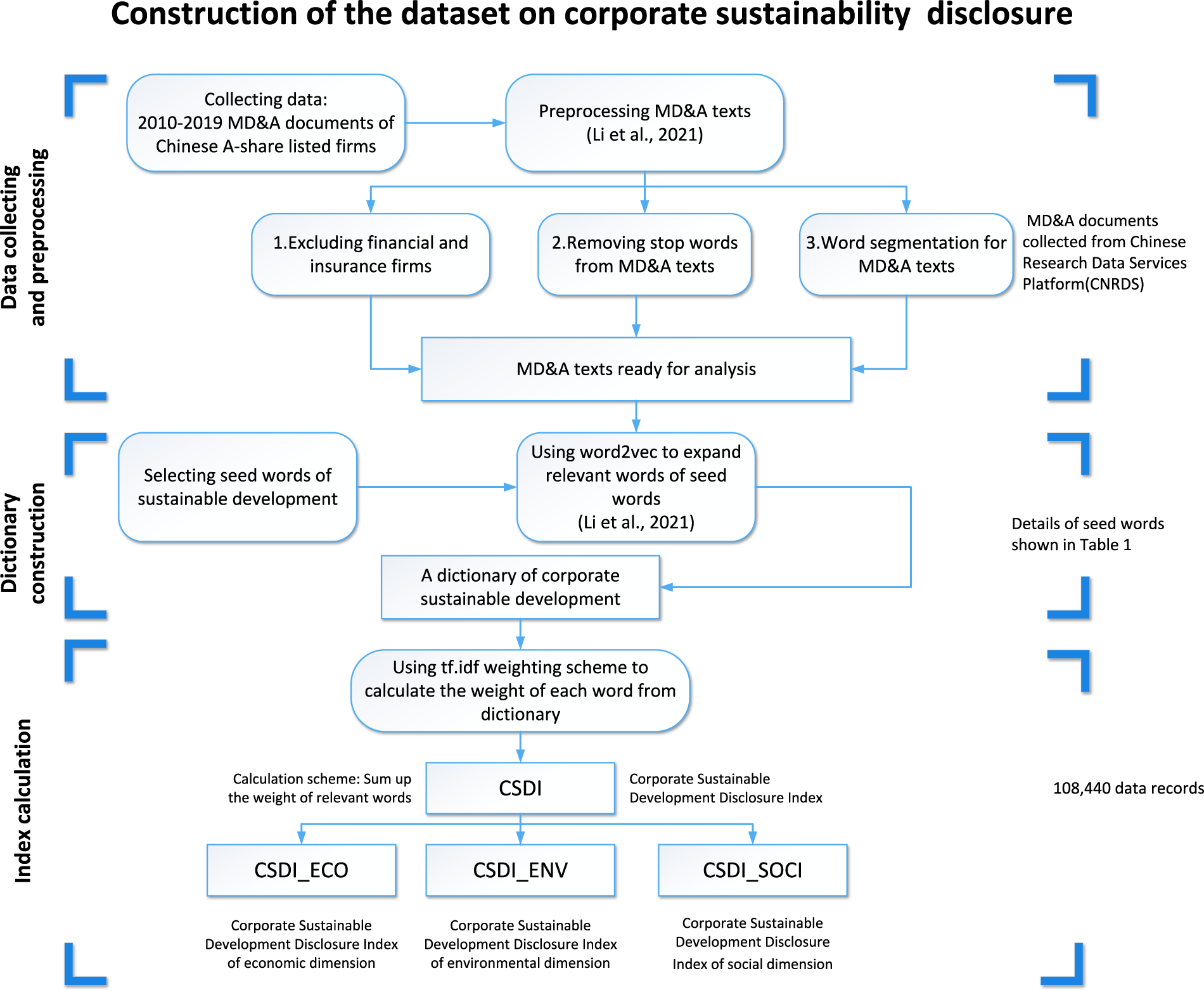
Sustainability, Free Full-Text, press f to pay respect origem
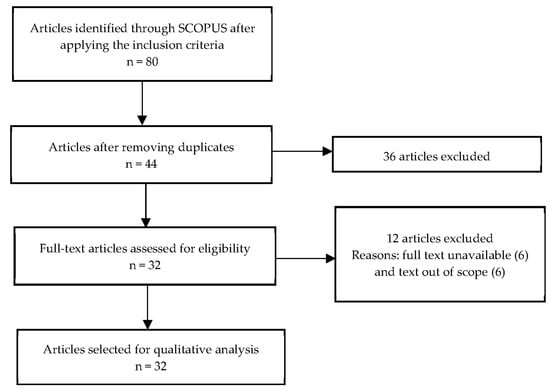
Sustainability, Free Full-Text

The Coca-Cola Company: Refresh the World. Make a Difference